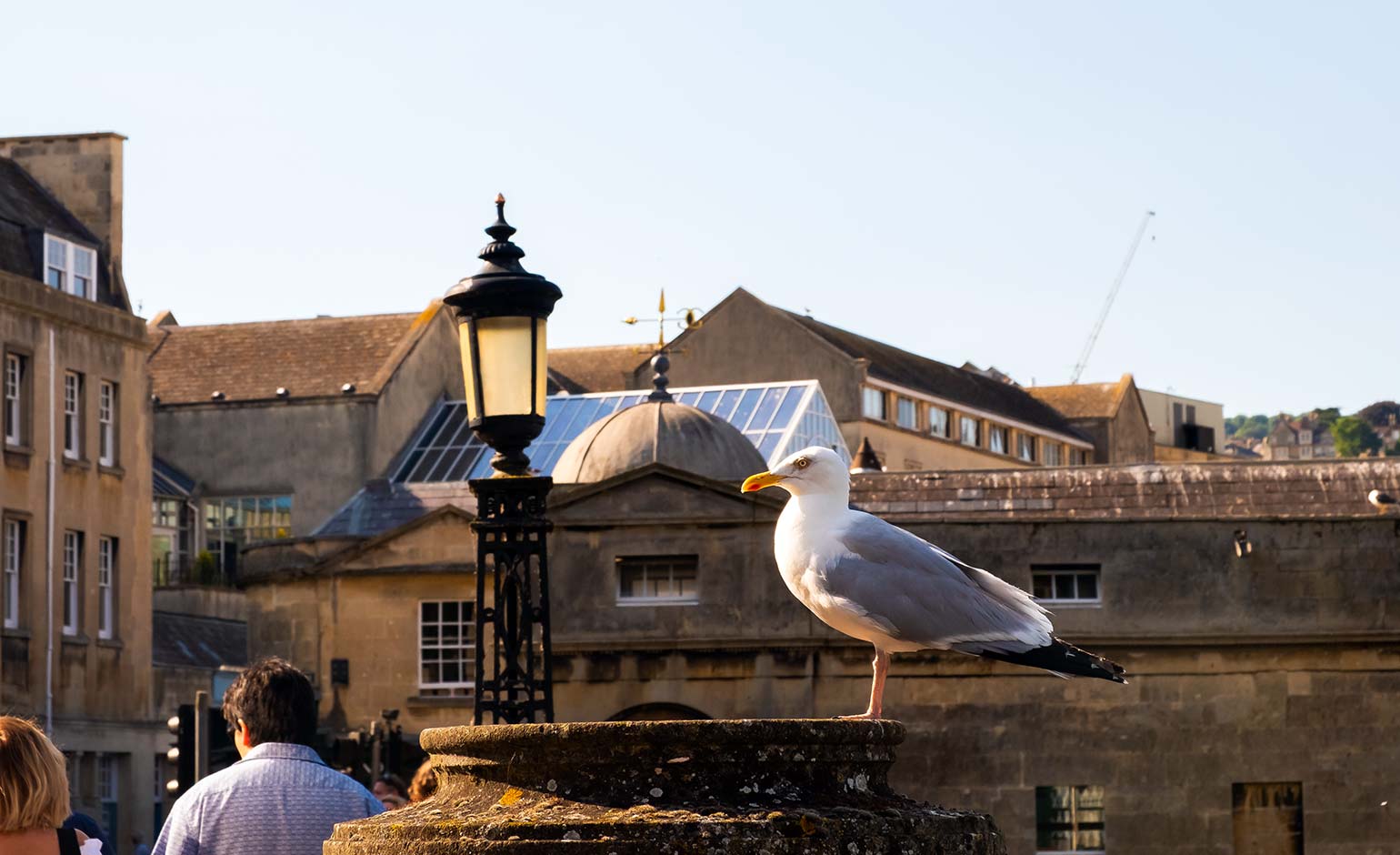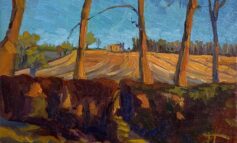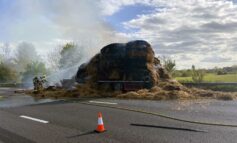Residents in Bath who have suffered ill effects from gulls in the past year are being encouraged to share their experiences as part of efforts to control the gull population.

Bath & North East Somerset Council is currently gathering evidence about the effect urban gulls can have on people as part of an application to Natural England for a licence to control gulls in urban areas.
Herring gulls and lesser black backed gulls that are regularly seen in urban areas in Bath and North East Somerset are protected by law.
It is illegal to injure the birds, eggs and their nests without consent from Natural England.
Natural England only issues licences to allow interference with nests and eggs in very specific situations.
Applications for the licences must demonstrate that action is needed for reasons of public health or public safety.
In order to gather evidence that there is a need for controlling gull populations in B&NES, residents are being invited to submit their views at: https://beta.bathnes.gov.uk/form/report-gulls.
Urban gull nests in Bath and North East Somerset were formerly treated under licence from Natural England until the council’s renewed licence application was declined in 2020.
Due to rural population declines, Natural England’s approach to licensing last year became stricter and relatively few licences for lethal control were issued in 2020.
Since then, the council has not been able to carry out further treatments.
Councillor Paul Crossley, cabinet member for Community Services, said: “Gulls in our cities and towns can cause pose a risk to public health and safety, creating a health risk through fouling.
“Their nest debris can block pipes and guttering, which attracts parasites and increases building maintenance costs.
“We want to mitigate the impact of gulls on our residents and businesses and have been looking for a solution since our licence from Natural England was not renewed.
“We are looking for information from residents about whether they have suffered ill-effects from gull activity.
“Perhaps you have been attacked by a gull or your health has been affected from living near areas where gulls are particularly active.
“This is going to be really useful information that will help us tackle gull issues effectively in the near future, so please share your experiences with us.”
If the council is successful in securing a licence, it is hoped treatments could begin in May. Residents will be able to book a treatment online.
Responses to the survey should be submitted by the end of March.



